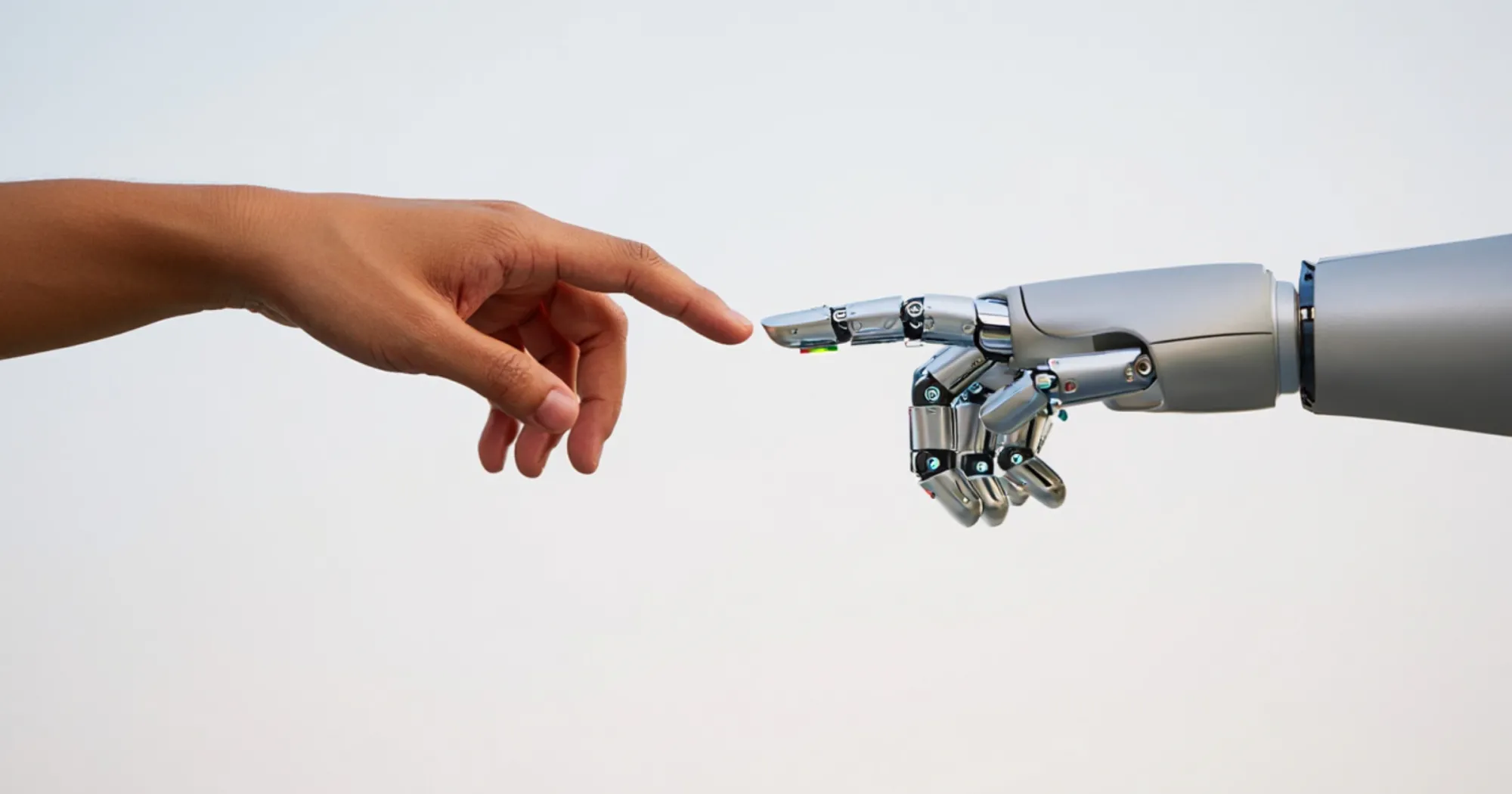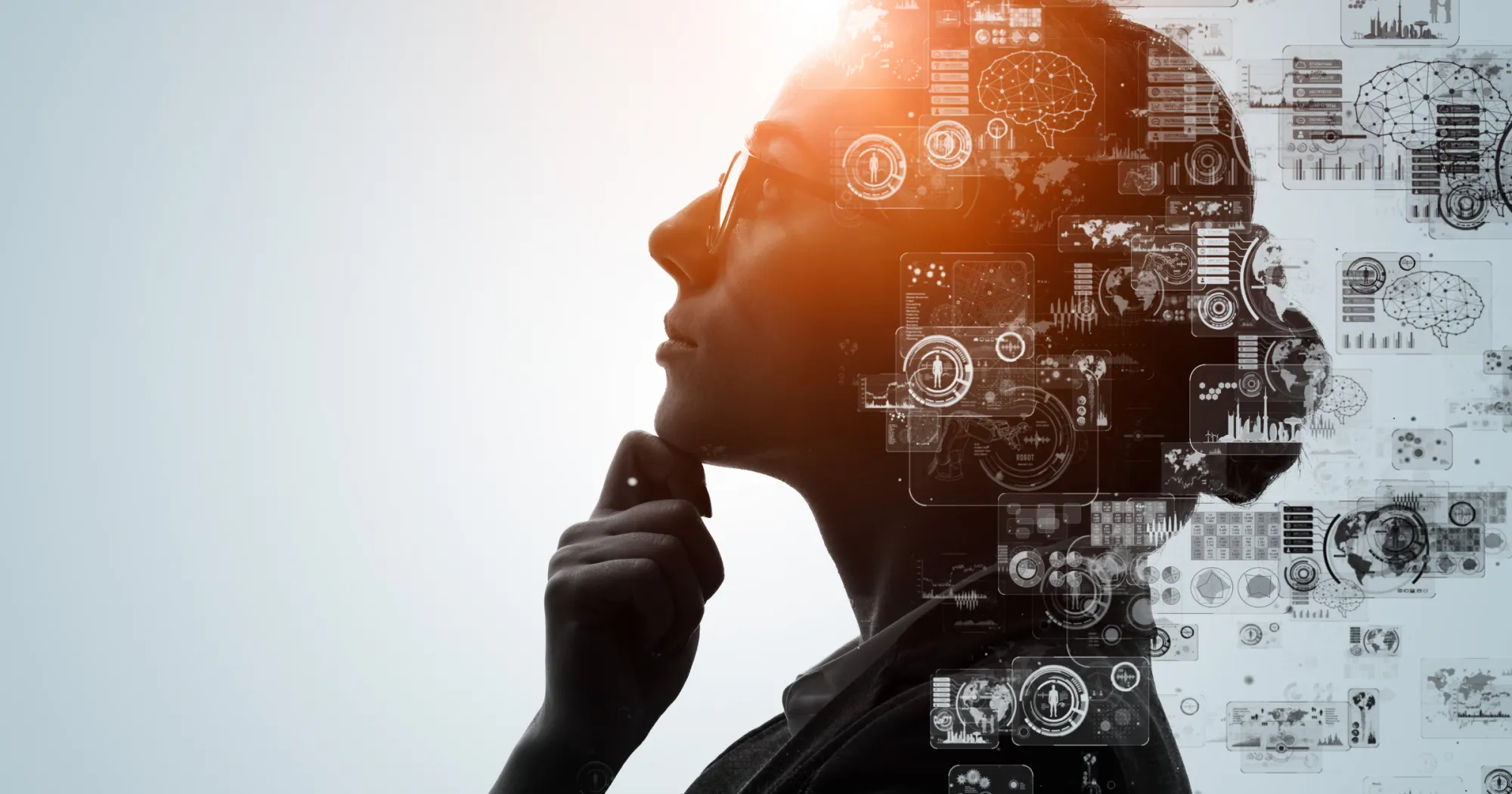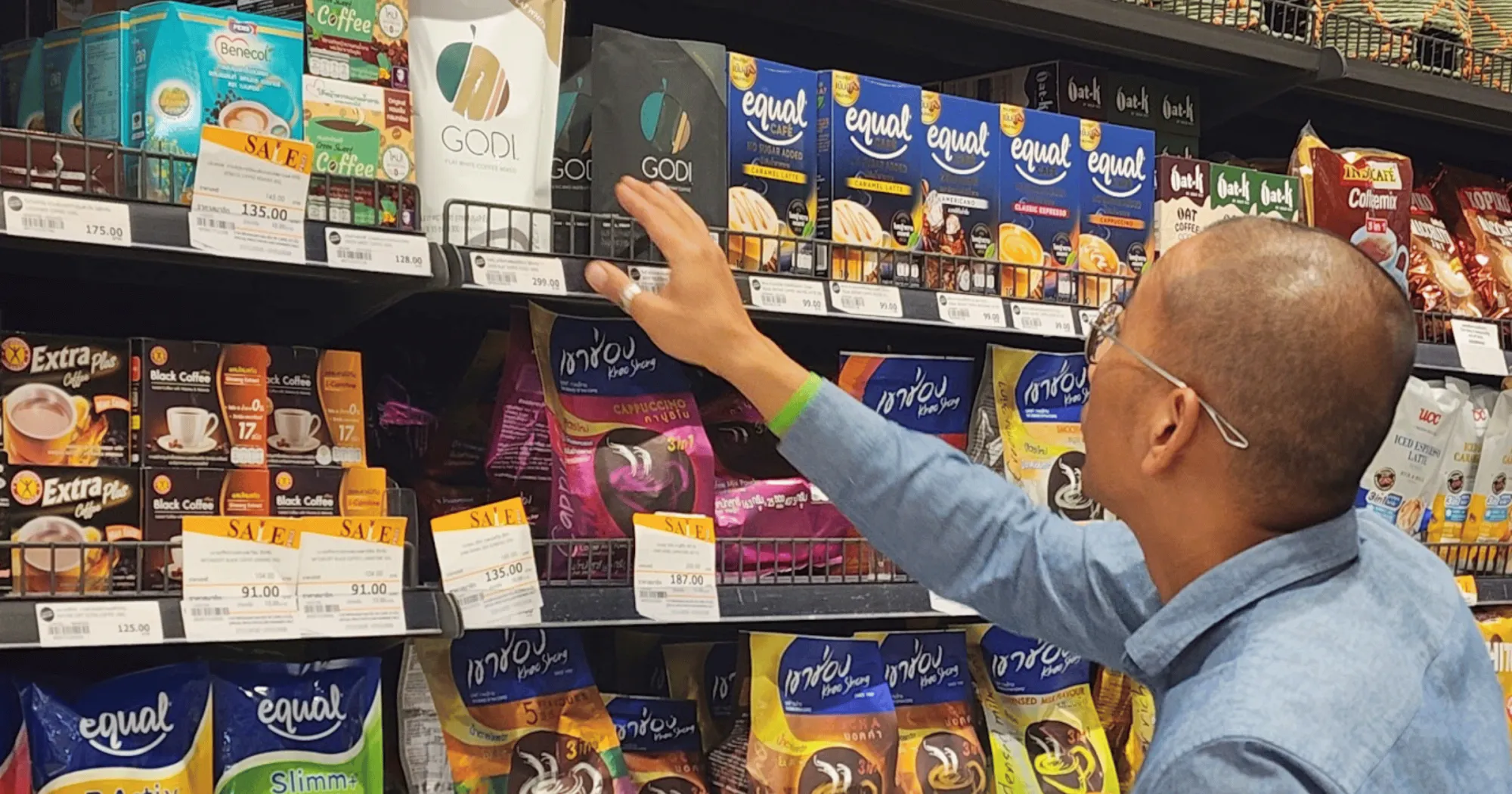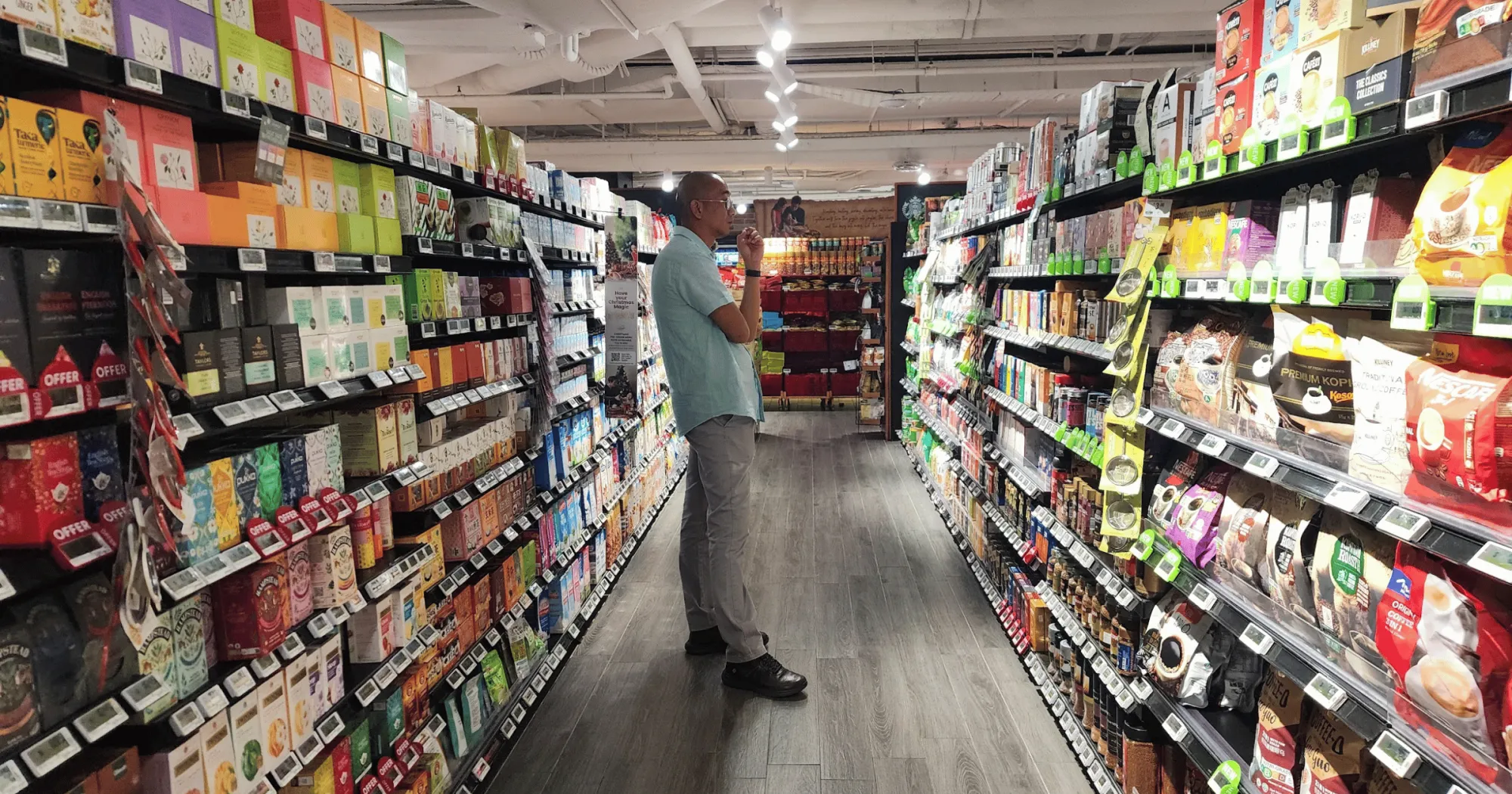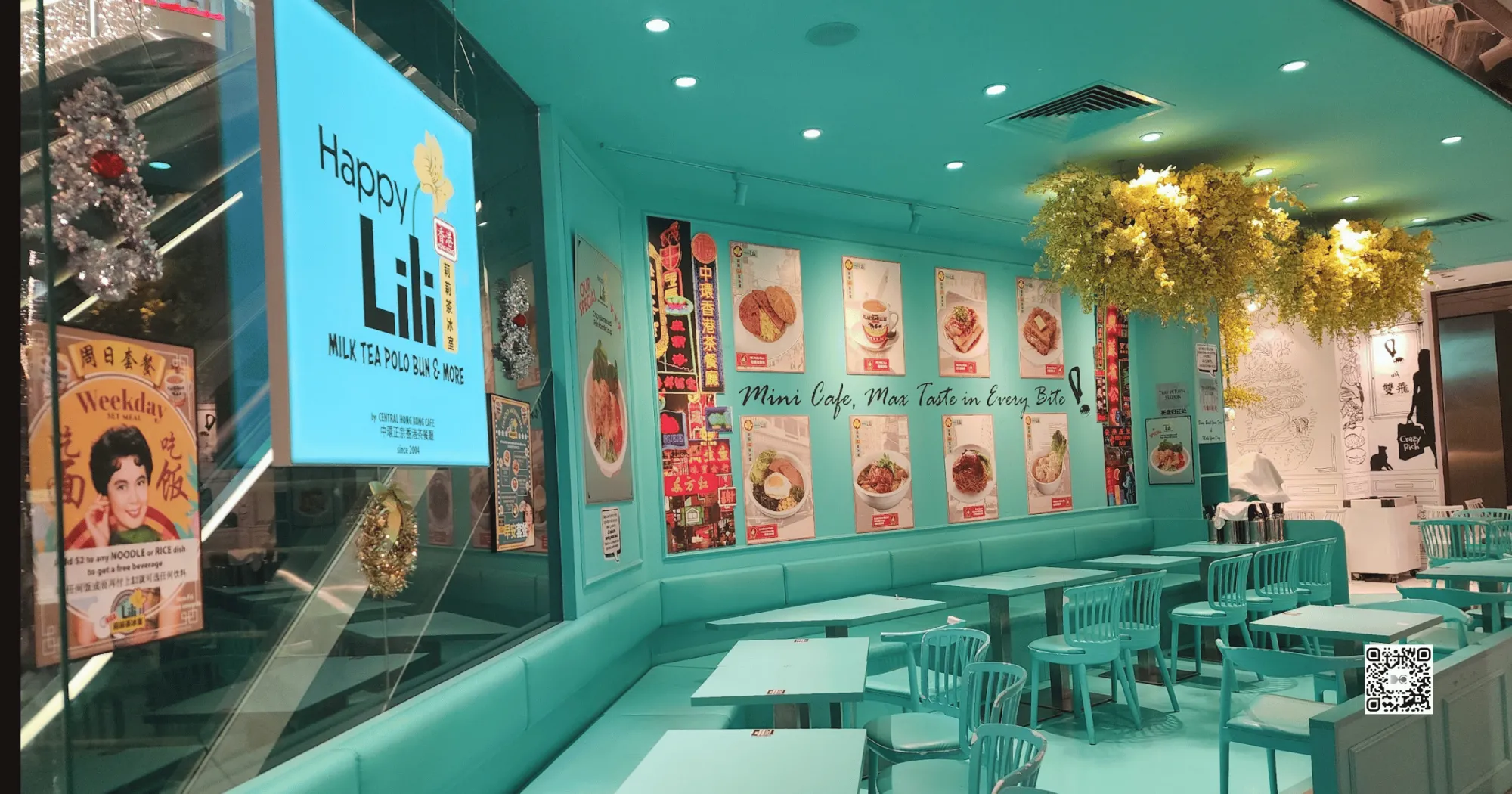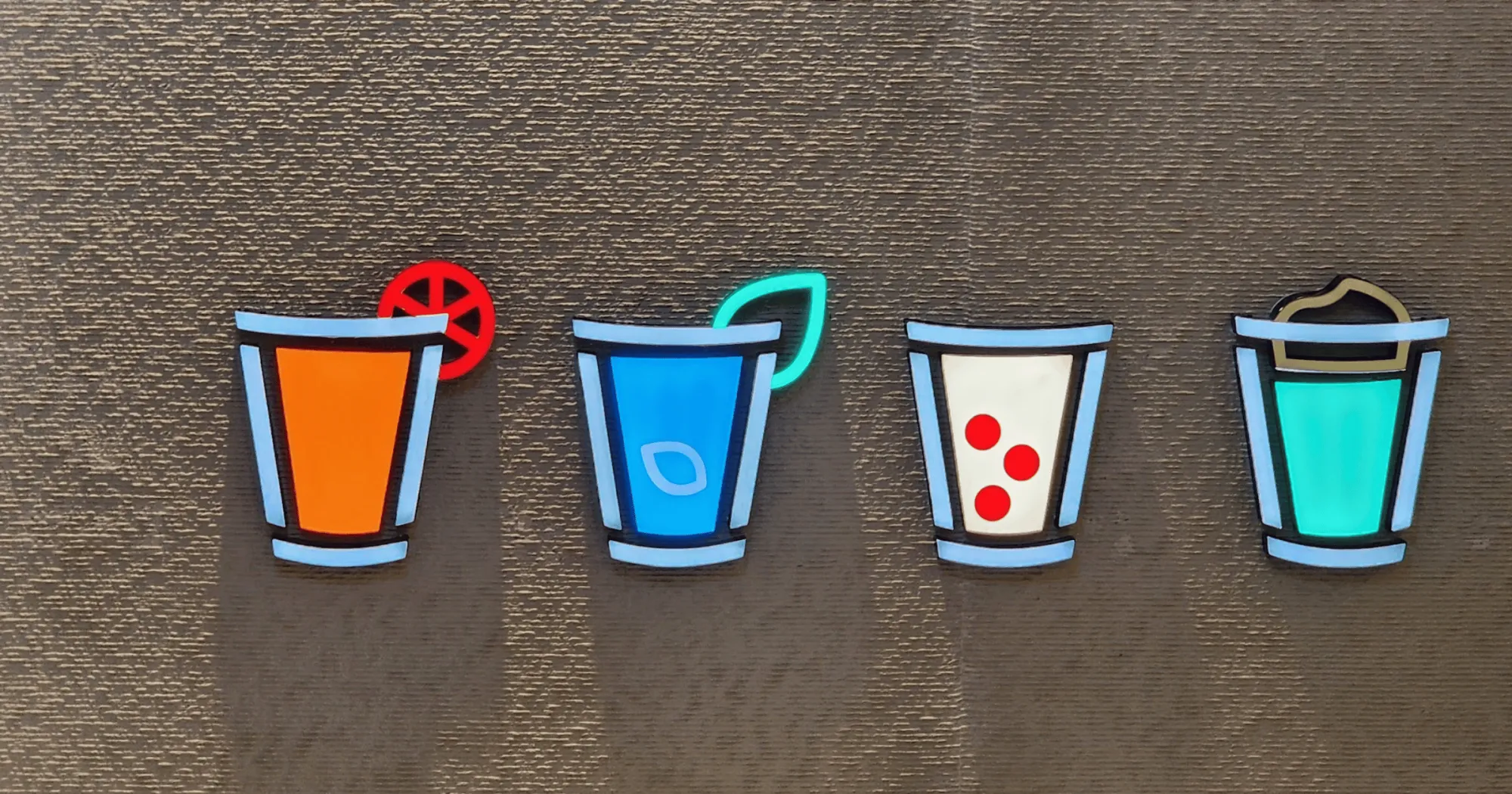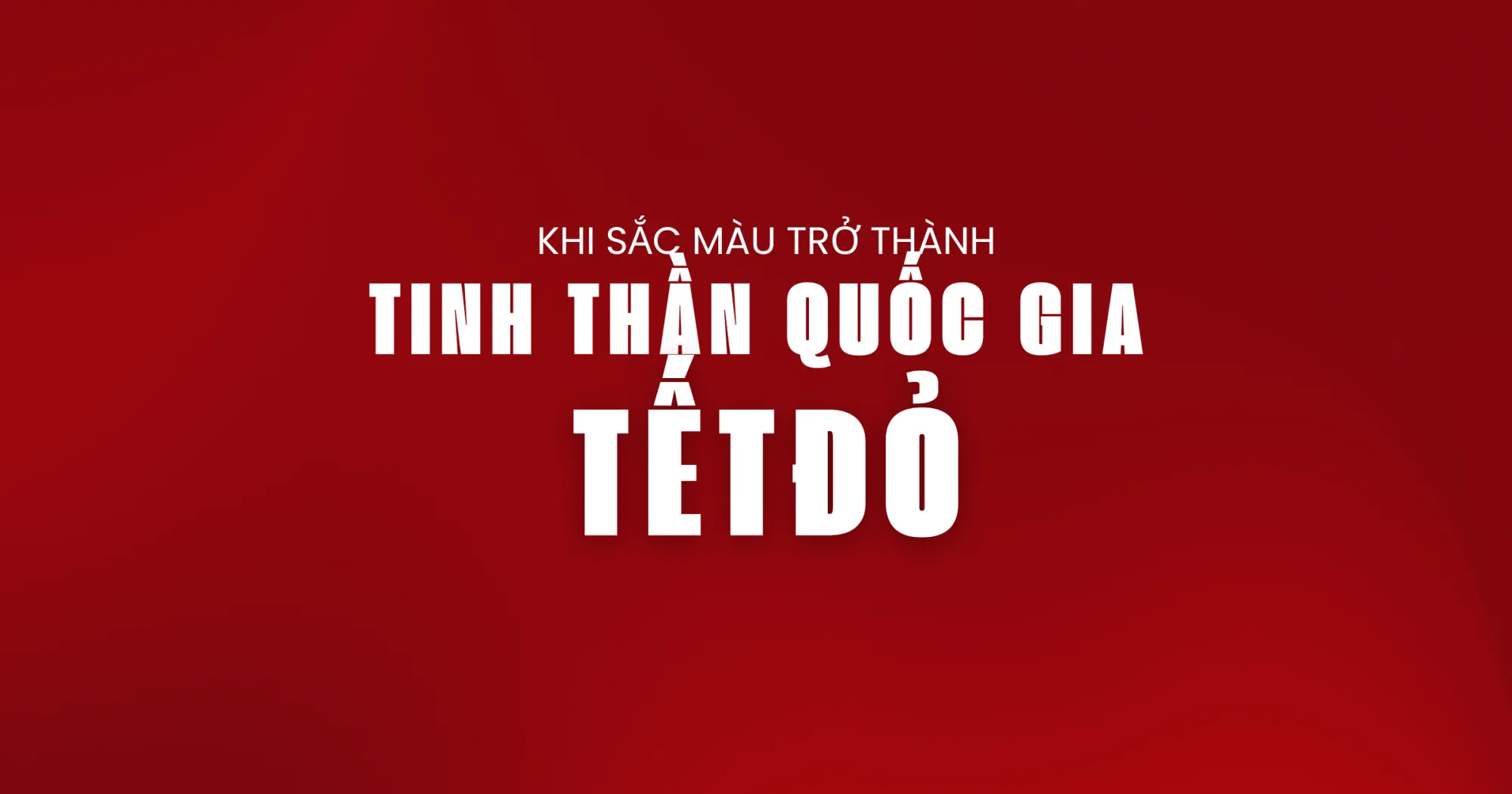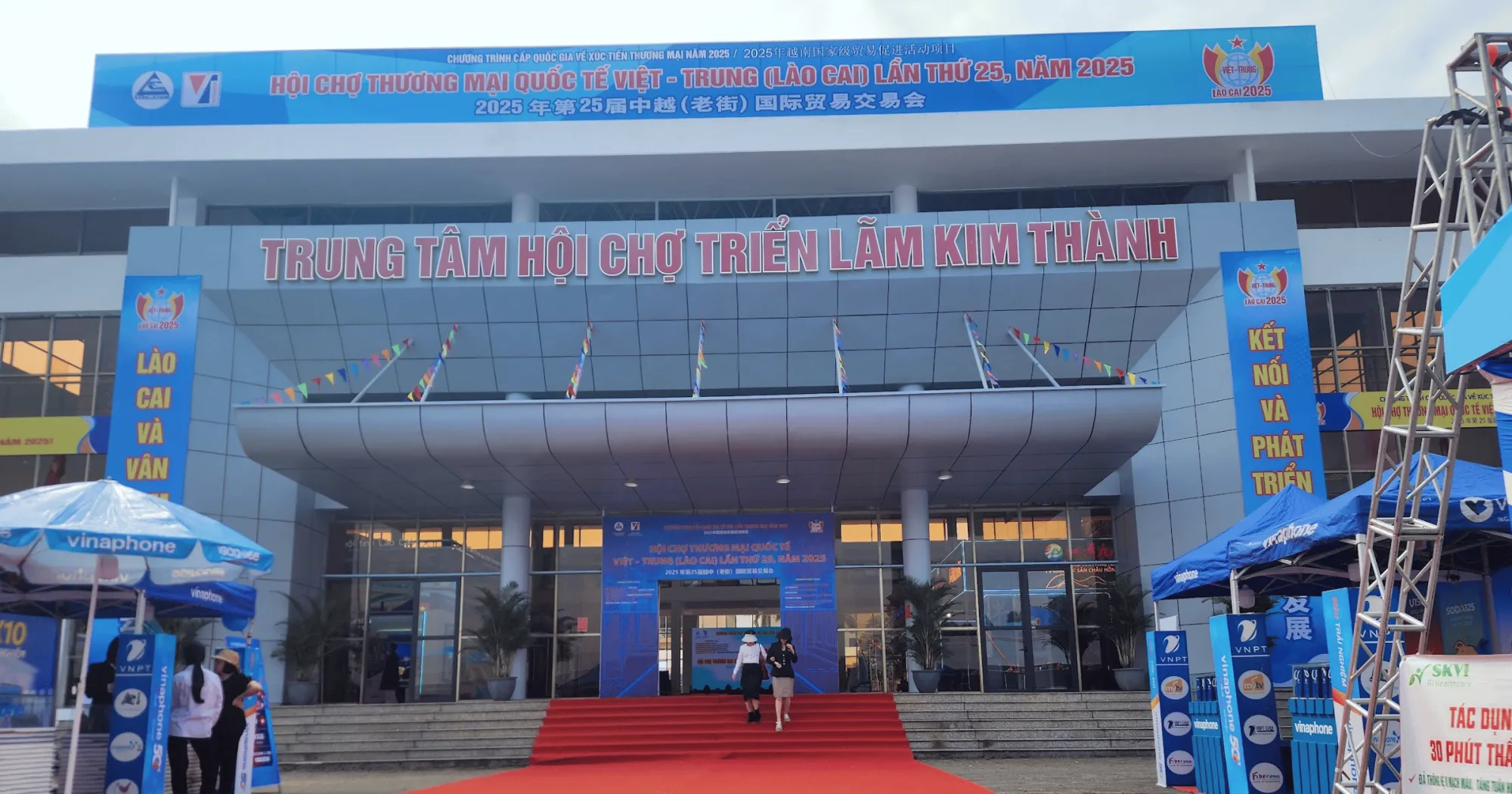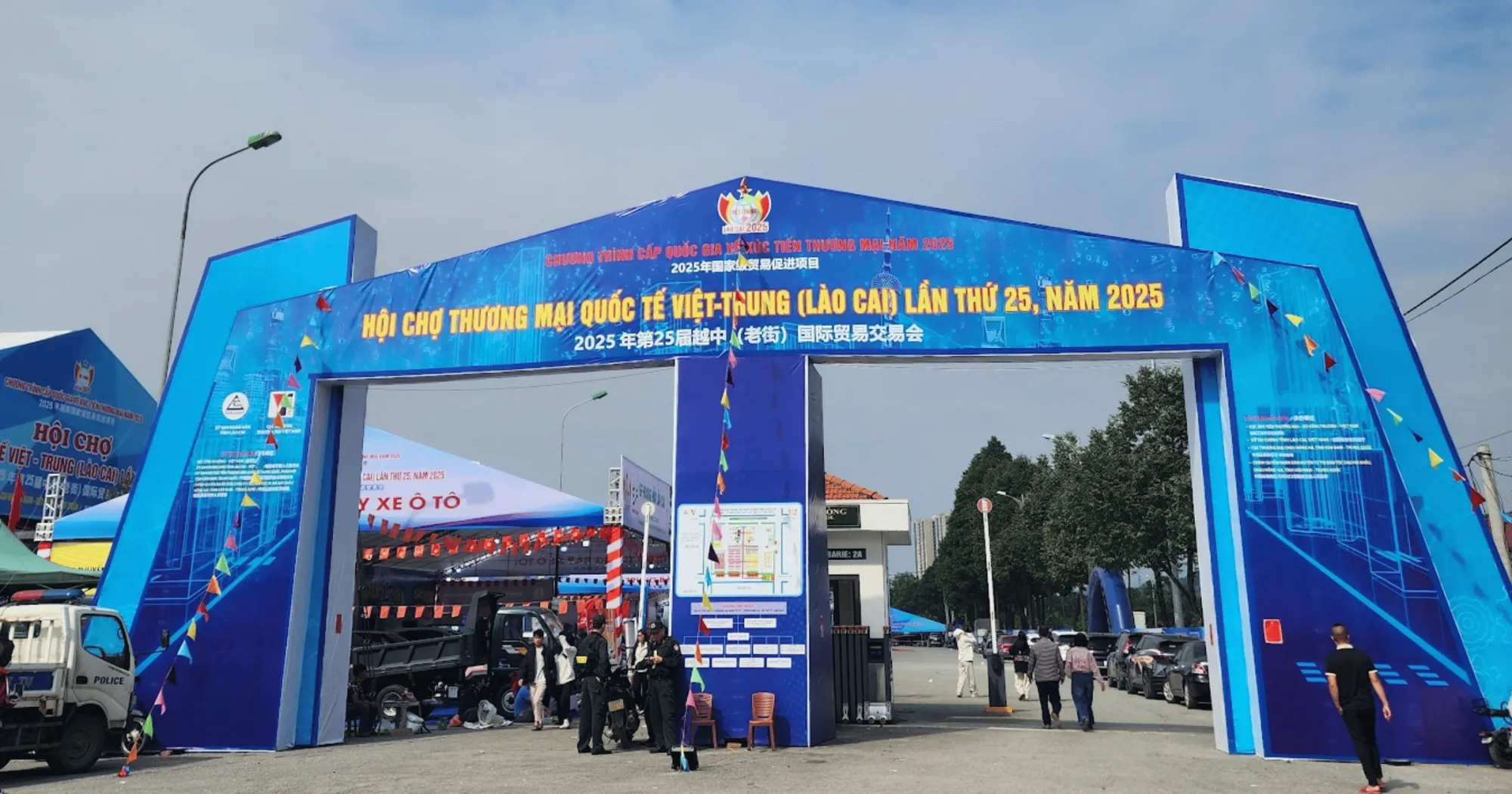When a business enters the long journey, complacency about previous success can sometimes become a deadly trap. Businesses gradually lose customers without realizing the changes in users. Especially when businesses do not change and develop with customer needs, the consequences can be very severe and are often not recognized until it is too late. So what are the reasons why businesses lose customers?
Users Change, Businesses Don’t
The market never stands still, and neither do users. A brand can be very successful in the early stages with a specific model and strategy, but after a few years, if it does not update new trends, does not innovate in the way it serves customers, the business can easily fall into a state of “sink”.
A typical example is Nokia. In the early 2000s, Nokia was a giant in the mobile phone industry, dominating the global market. However, when smartphones began to take off, Nokia stuck to its strategy of producing basic phones and refused to change. Although the products were still of good quality, users were looking for new features, such as touch screens, rich applications, and strong network connectivity. Nokia failed to meet this demand and lost millions of customers.
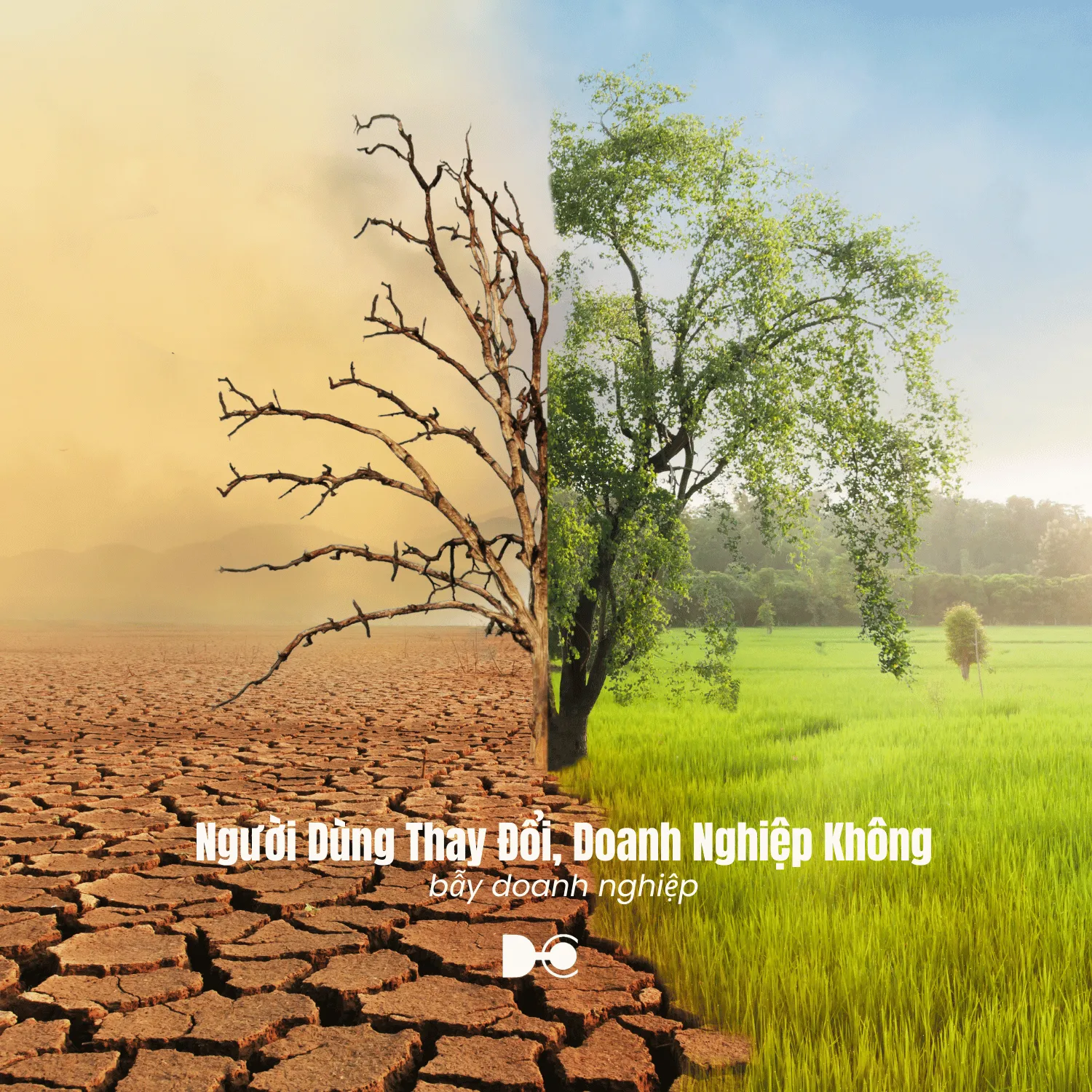
Consumer Fatigue When There Is No Change
A business that does not change will eventually become customer fatigue. Brands that do not evolve with their consumers will experience a decline in customer engagement and loyalty.
Typically, some big fashion brands were initially very popular, but after a while, their products no longer created the same freshness and appeal as before. Designs and trends did not change quickly enough to meet market demand, making users feel bored. At that time, they will look for new, younger brands that can create breakthroughs and continuous changes in products.
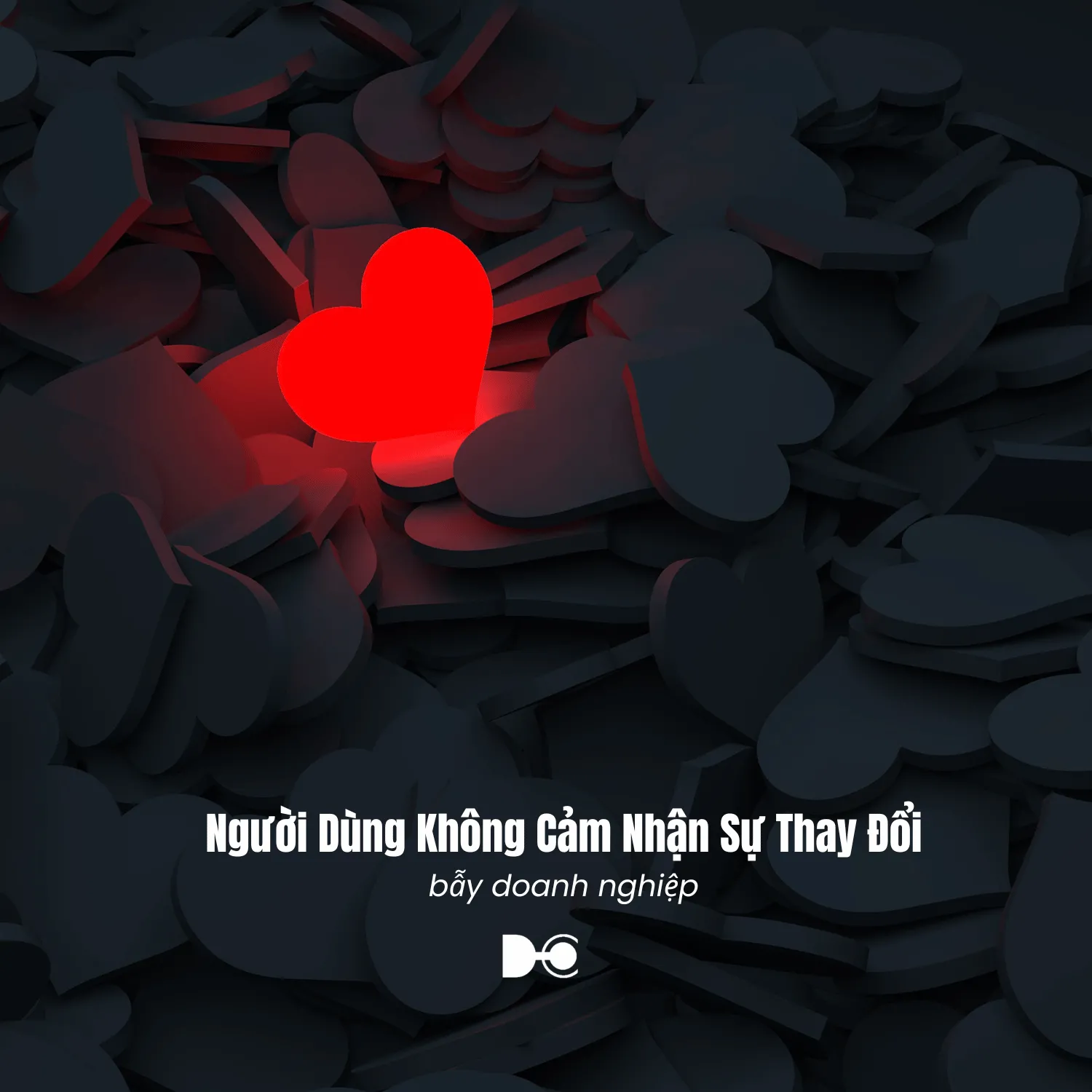
When Brands Trust Too Much in Old Success
Every success has its time. When a business maintains a long-term successful strategy or model without changing, they can fall into a state of “complacency”. At this point, the confidence in the old strategy will cause the business to ignore listening to consumers and re-evaluating itself.
A notable example is Blockbuster, a once-popular video rental brand. Blockbuster turned down offers to partner with Netflix when the streaming service was in its infancy. Blockbuster was so confident in its traditional video rental model that it failed to recognize the drastic changes that were taking place in the market. Netflix then not only changed the way it approached customers, but also created a whole new trend in the entertainment industry, causing Blockbuster to gradually disappear.

Slowness When Reaching New Heights
When a brand achieves a certain level of success, some decisions may no longer be made with the same flexibility as in the early days. They begin to fear failure, are afraid to experiment, and are no longer willing to take risks. But when competitors are constantly innovating and creating, slowness in decision making will leave the business behind.
The most obvious examples are established technology companies like BlackBerry or Kodak. Despite having a solid foothold in the industry, their lack of flexibility and slowness to keep up with new technological changes have left them behind.

Conclusion: Change Is a Survival Order
In general, failure to change and evolve according to user needs is the main factor that causes many brands to decline despite being successful for many years. To maintain survival in a competitive market, adapting and innovating is not an option – it is a requirement.
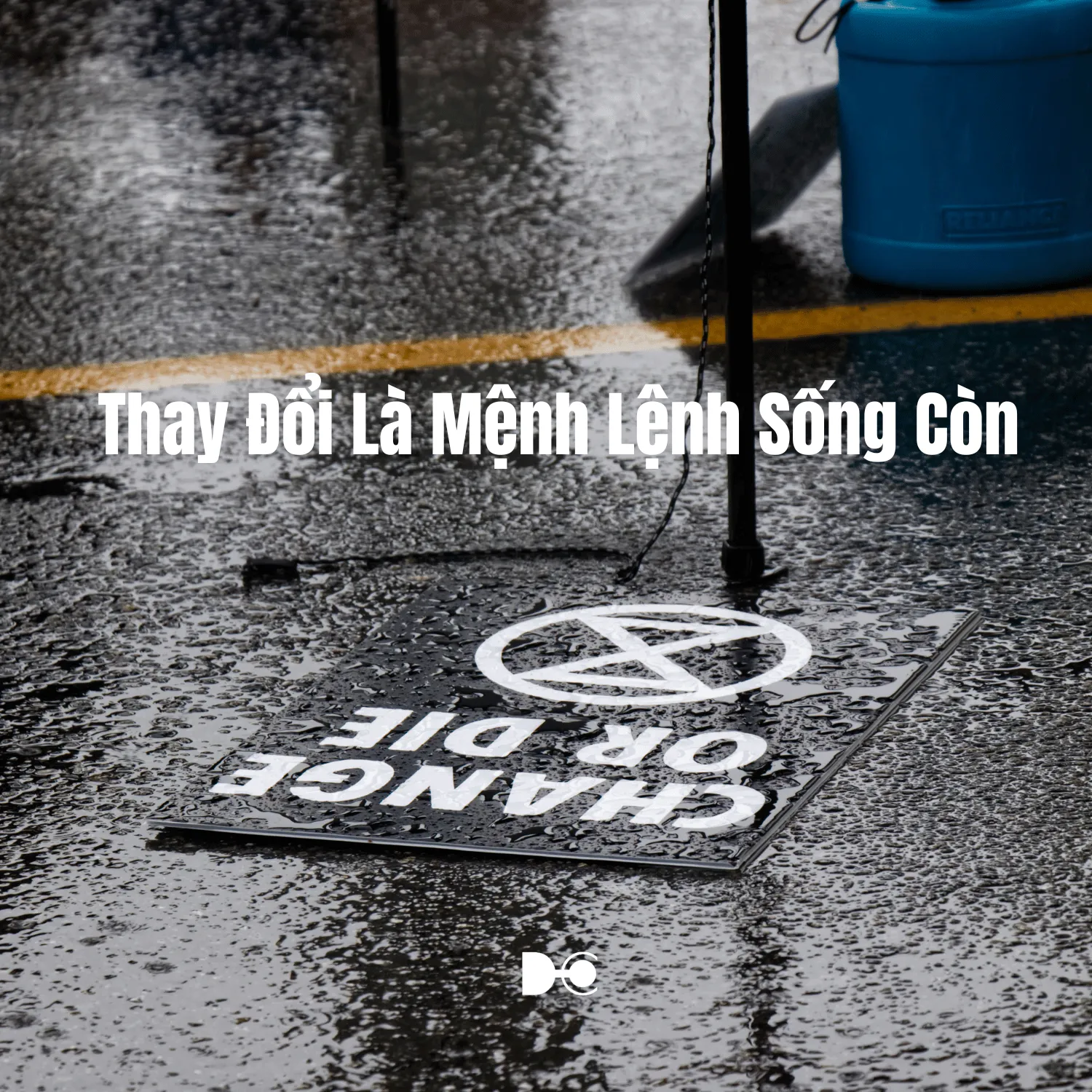
Businesses need to not only look back at past successes, but also ask themselves: What do current consumers still want? What do they need from me? And what can I change to better meet them?
Only when this answer is clearly defined can businesses maintain sustainable development and create real long-term value for customers.


